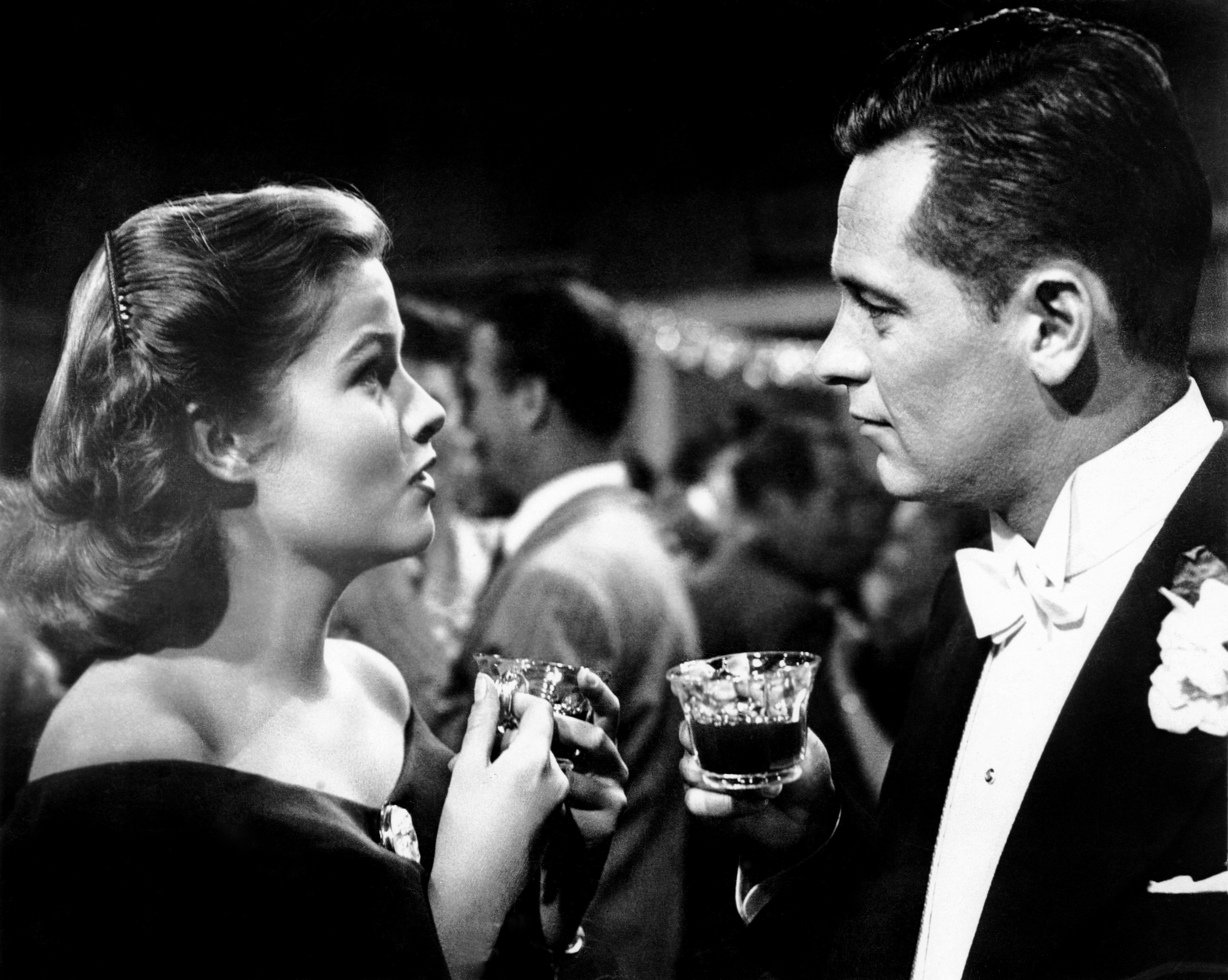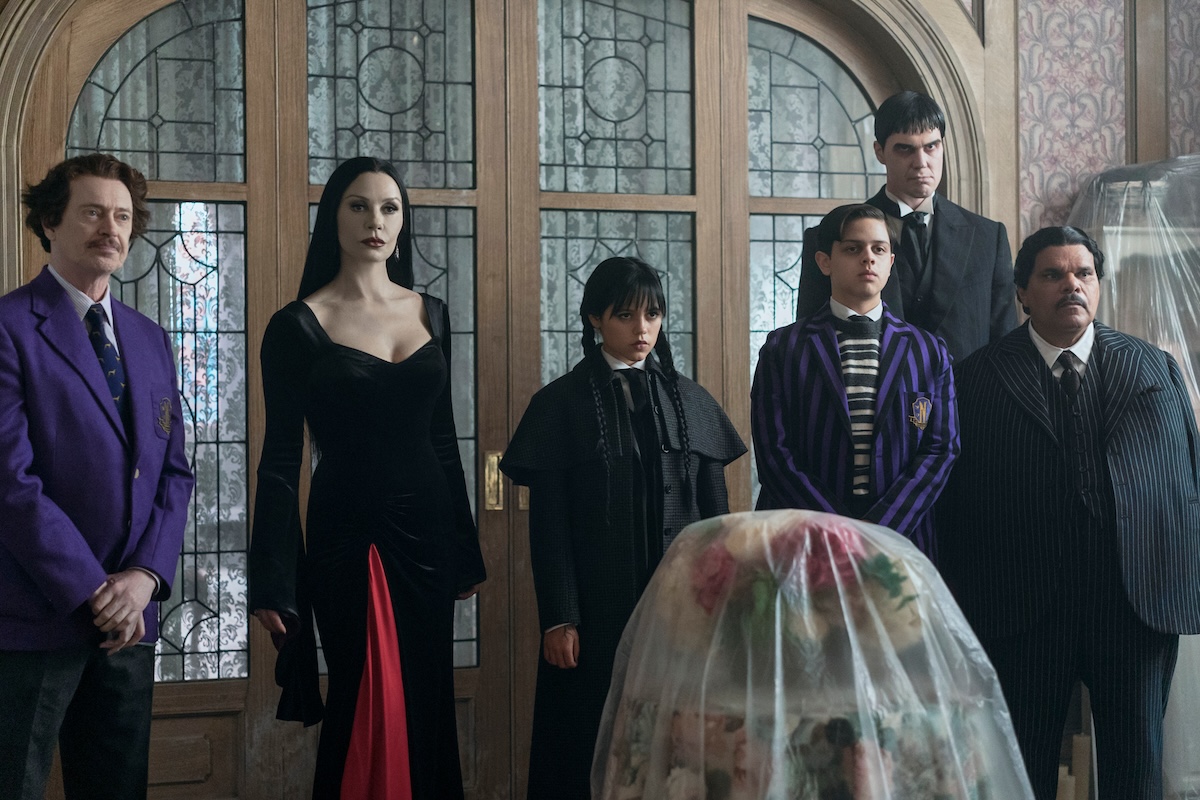All happy families might be alike, but every family of superheroes is messy and codependent in its own way — and composer Michael Giacchino would know. Between scoring the “The Incredibles,” the last two “Thor” films, the Marvel “Spider-Man” movies, Matt Reeves’ “The Batman,” and now “The Fantastic Four: First Steps,” among others, Giacchino has spent a lot of time coming up with musical themes that pull us into heroic, heightened worlds.
Each film, even within the Marvel Cinematic Universe, has its own demands on the score, of course. So Giacchino worked closely with director Matt Shakman to make sure that “The Fantastic Four: First Steps” had a distinctive sound that could help power the film’s tone and character dynamics.
What’s even more impressive is that Giacchino started doing this before a single frame was even in the can. The composer created the film’s main theme for a Hall H performance at Comic-Con prior to shooting. He just had to hope it worked.
But hope is what Giacchino gravitated to when thinking about the Fantastic Four as characters and the adventures they’d be having. “The thing that hit me emotionally was the feeling of nostalgic optimism and hope that we had in the 1960s — the space program at NASA was being developed, and there was a sense that anything was possible. I told Matt Shakman, the director, that I imagined the theme to be a mashup of ‘The Right Stuff’ and the Disneyland Electric Light Parade,” the composer told IndieWire.
The textures of “The Fantastic Four” score — combining triumphant horns, peppy synths and electronic elements, sincere strings, and a lively choir — got a very positive response from the Hall H crowd, which let Giacchino know he was on the right track. “Their reaction encouraged us that we had found the musical language for our movie — something that strives to combine the earnest heroism of the space age with the magical, celebratory sound of a family working together,” Giacchino said.
Chasing a music of earnest heroism meant not being afraid to run toward ideas that might seem childish or unserious. Giacchino drew directly from Saturday morning cartoon music, especially when it came to having the choir voice “FAN-TAS-TIC-FOUR” in the main theme and elsewhere. “During recording, I took a chance and had the choir sing those syllables, though I was a bit nervous the Marvel team might think I’d gone too far. Fortunately, they loved it,” Giacchino said. “It truly became part of the movie’s DNA.”
It was important to Giacchino that the musical sound for the film be as specific as DNA. “I cautioned about leaning too heavily into the big band sounds of, say, something like ‘The Incredibles.’ I thought it was important that we create our own path for what this world would sound like — a retro-futuristic timeline of Earth where technology and culture had evolved along a different path. The score needed to feel [like it] could only exist in the context of these characters and their story,” Giacchino said.
Once the film went into production, Giacchino was able to make a set visit early on and further tailor his musical language to reflect the shine and the color of the film’s look. “I love what the production design and costume teams created. All of us were totally tuned into the world that Matt had envisioned, [and] it was very apparent that everyone was on the same page,” Giacchino said.
One page that got to be very particular to Giacchino was the song that plays on the end credits, “Let Us Be Devoured.” He channelled his college days of going to Cafe Wha? in Greenwich Village while working with “Inside Out 2” composer Andrea Datzman on a doomsday-positive folk song welcoming Galactus (Ralph Ineson) to go ahead and destroy Earth regardless of what Reed Richards (Pedro Pascal), Sue Storm (Vanessa Kirby), Johnny Storm (Joseph Quinn), and Ben Grimm (Ebon Moss-Bachrach) have to say about it.
“As you know, things often evolve during the editing process. While there’s only a brief mention of it in the final cut, there was a version of the film that explored the idea that not everyone would reįect Galactus’ arrival,” Giacchino said. “We imagined a Joni Mitchell–inspired character leading a group of devoted followers in song as they embraced the end. When that sequence was ultimately cut, we didn’t want to lose the song entirely — so we moved it to the end credits. Andrea is an incredible storyteller and puts tremendous care into making sure the lyrics she writes truly align with the emotional and narrative arc of the scene. If you study those lyrics, you’ll see a real level of poetry there.”
There’s poetry and a playful spirit to the entirety of “The Fantastic Four: First Steps” score, which — even more than any instrumentation choice — is what sets it apart from other music in the MCU. It’s not just the ones with human torches and rock-skinned supermen and genius scientists so in love with each other (although they could be hornier) that they stretch physics to the breaking point. Giacchino told IndieWire he approaches every film by chasing what the characters are feeling.
“If I had to identify something unique to superhero scoring, it might be the challenge of balancing the tension between living in the ordinary world while answering the call of extraordinary abilities. But then again, superhero or not, aren’t we all struggling to find that balance in our own lives?,” Giacchino said. “Perhaps that’s why these stories resonate so deeply — the music isn’t just scoring superpowers, it’s scoring the human experience of trying to be who we’re meant to be.”
“The Fantastic Four: First Steps” is now playing in theaters.



